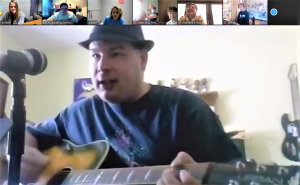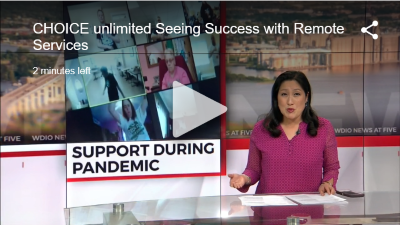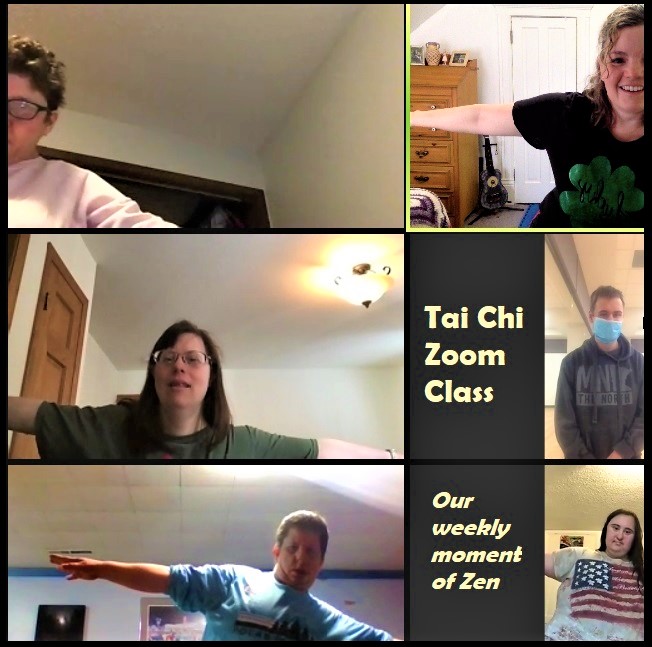Providers urge continued funding for remote, virtual services
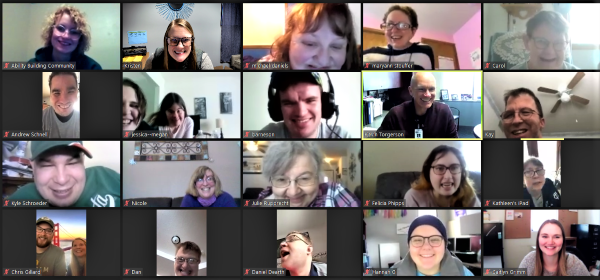
Services received at home started somewhat organically, nearly a year ago for some providers. When the pandemic first hit in March of 2020, CHOICE, unlimited in Duluth kept checking in with clients, and soon started structured online gatherings.
“When we were able to see each other, it was so powerful,” said Kristie Buchman, executive director for CHOICE, unlimited. The nonprofit doesn’t have centers. Instead, it operates completely in the community, with authorization to serve 163 individuals with intellectual or developmental disabilities.
Liking their virtual options in Rochester
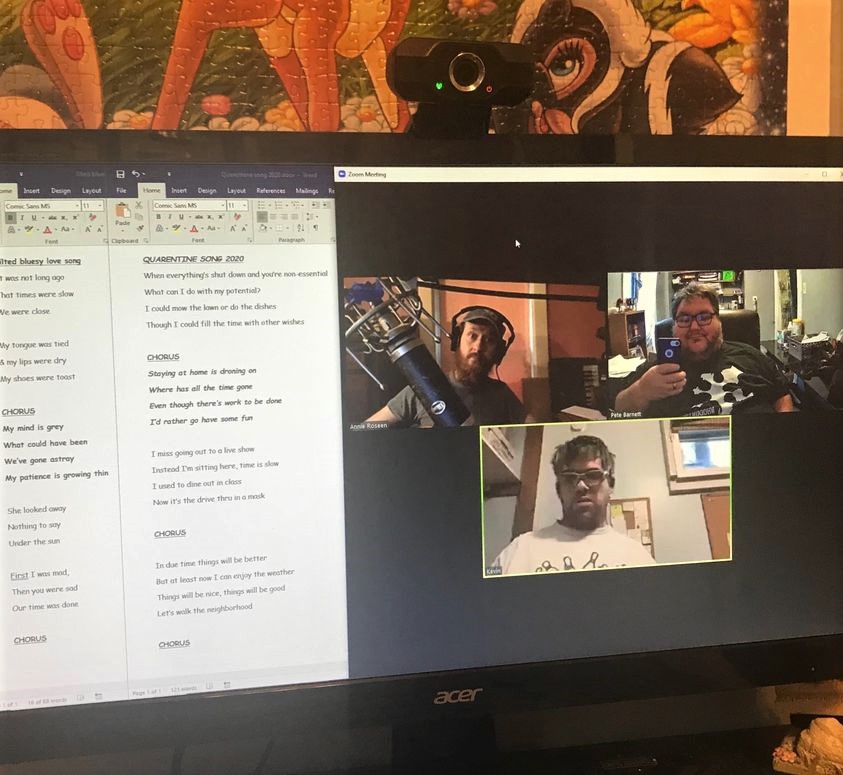
Jumping to the southeastern part of the state, Ability Building Community (ABC) in Rochester also developed remote services, branded as ABC@Home. The provider has about 200 individuals in its Day Support Services programs there and 38 percent have registered for the remote option, explains ABC Ability Services Program Manager Kristen Lynne.
Session favorites include virtual dance party get togethers, game days, bingo and “Move it” Mondays. Dance parties began before COVID and were in person, but other fun activities have taken many hours of prep time. “That’s so 60’s” shared PowerPoint audio, video and trivia from that time frame to educate and engage an ABC group.
A “Coffee and Conversations” session adds break out rooms on Zoom where smaller groups can interact more. One such session created a “House” like the Hogwarts of Harry Potter. Teams decided on names, colors, mascot, special abilities and what each house was known for, Lynne explained. Returning to the larger group, each then shared what they had created.
ABC@Home surveyed its participants, and more than two-thirds of the group were “very satisfied,” with overall satisfaction measuring nearly 96 percent. “The sessions are structured and fun, so it provides meaningful activity to the day,” said Lynne.
“Social connection is so important,” said Lynne. “It’s always exciting when someone new joins ABC@Home and people get excited to see a friend they have not interacted with in a very long time.”
A lot goes into it
The work is staff intensive, said Buchman, keeping the same client to staff ratios as in-person services. CHOICE has seen strong support for its cooking classes, arts, dance, theater, creative writing and Tai Chi. The group also teaches a “skills to pay the bills” course the covers getting to work, handling coworker disagreements and keeping a job. At mid-May, 79 people were enrolled in remote sessions.
The offerings provide opportunities to see how people are doing on a personal level. In cooking for example, while the food boils or bakes, individuals might be asked what they did to take care of themselves that day and how they are staying healthy, Buchman explains.
'Lifeline' to thwart depression, hopelessness
Caregivers and case managers have called the services a lifeline during the pandemic. “People were really going towards a depression kind of a hopeless situation,” she said. The remote engagements gave people something to look forward to each day, something to focus on.
Both service providers have said the work is energizing to staff, as well. They have wanted to interact with the people they normally serve. “It was a huge morale boost,” said Lynne. People even check in on the ABC sessions while they’re on vacation.
Others, more than a handful, are paying out-of-pocket to participate in remote services at CHOICE, unlimited, which charges a nominal fee. Class leaders call on participants 20 minutes before each session to confirm they are attending.
Some have said they don’t know if they want to come back in person, said Buchman. These may be picked up to go to and from their job and then come home to take virtual classes. Either way, she said, the required staff time is the same.
Funding in jeopardy as Legislature debates
“It would be a shame if funding reimbursement was reduced,” she said. Of the 79 people her staff serve remotely, several would not be doing anything without this option.
As of mid-May, Minnesota’s two legislative bodies were split on funding recommendations for remote services. The Minnesota House and governor proposed rate reductions while the Minnesota Senate asked that they stay the same as in-person services.
“We’re in this field because we really like working with people,” said Buchman. “We get to know each other so well and we’re here to serve and support people.”
More information
WDIO TV - Dancing, art, Tai Chi are online classes through CHOICE, unlimited
WDIO TV - Joy of cooking moves online for CHOICE, unlimited
